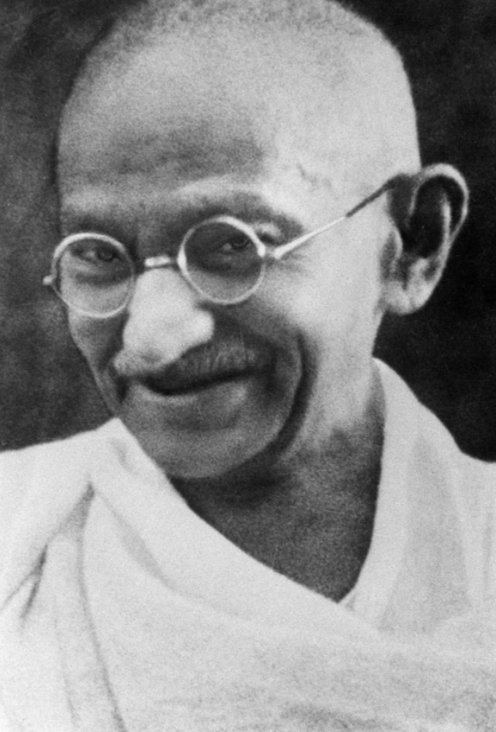To Love Or Not To Love Historical Figures
CONTENT WARNING: Racism, Caste System, Pedophilia
Historical figures are mainly celebrated for the great or extremely harmful things. These people range from political figures to musicians, to religious figures and everything in between. The ones that are considered “good” are often held on high pedestals, praised for the world to see. But like everyone, these figures aren’t perfect, and in some cases, these people who are held so highly have done terrible things. Since these people are often dead, their flaws aren’t as widely acknowledged or even known.
While this is a good way to cherish the beloved memory of figures that have helped people their entire lives, these figures are painted as perfect when they often aren’t. Putting people in that light sets an unrealistic expectation to follow. By ignoring their flaws, people do not learn from the mistakes of their idols and could even blindly recreate them. Sometimes, these flaws aren’t mistakes that they have committed but moreso views or beliefs that they had that have harmed people.
Mahatma Gandhi, a name we all know and most love, is one such example. While Gandhi is revered for his assistance in the partition and overall his political achievements, people seem to forget his racist past, his “support” of the caste system and his obsession with celibacy. Many of these are often a shock to people – how could Gandhi, such an adored figure, have hidden stains of his concealed through censorship of media? There is much evidence of Gandhi’s racist past, though most of it is unfairly excused by saying he is a man of his time or that he reformed to argue against racism and all forms of discrimination later in his life as shown by both an NPR article and The New Statesman. His “support” of the caste system comes from never formally disagreeing with it, and actively going against moves for those of lower castes to gain more rights. This support of the caste system had not only made him unpopular to people in India at the time, it also led to the severity of the caste issue in India today. How could someone who was so against discrimination support a system that promoted the deep-rooted class issue within India?
According to a BBC article in June 2019, the caste system is a class system that is determined by birth. It was created on the basis of religion and has dictated almost every aspect of people’s lives for years. The system allows for privileges among those in upper castes and repression for those within lower castes. For example, people are not allowed to marry in between castes and even interaction between the two is frowned upon. While many learn about this in a history class at some point, they don’t realize that it is still an issue that plagues India to this day. With Gandhi’s importance in the country, his support of the caste system has condoned of a discriminatory system that actively harms people.
His shortcomings do not end there, however. He often blamed his political lapses on his inability to stay celibate, and as a man in his 70s, would sleep in a room with his naked 19-year-old grandniece to “test” his urges states states an NPR article published in October 2019. How does a man that is so revered by the world do such things? The bigger question is why does no one know about this? This is mainly due to the amount of censorship of media in India. It allowed for things like this to stay unknown for years and this is no small issue. This is no lapse in judgement made by Gandhi.
Something that people do not recognize is that historical figures aren’t inherently bad but that they are people just like us and like us they have their flaws. It is important to understand this before praising them or using them as examples to follow. While nothing will stop a person from idolizing who they do, it is often smart to understand the good and the bad of a person before choosing to support them blindly. Creating awareness of these issues not only brings attention to past or ongoing issues but also allows for people to understand these figures fully, whether they are dead or alive.

Jyotsna Balamurugan is a junior serving her second year as a staff writer and club manager. She currently plays on the Varsity Lacrosse team and is now...






